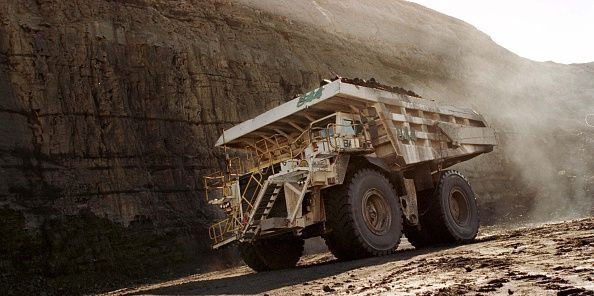Australia Approves Adani’s Galilee Basin $7.7 Billion Coal Mine Project

Australia's Queensland state government reportedly granted approval to India’s Adani Enterprises Ltd. to proceed with its proposed 10 billion Australian dollars ($7.7 billion) Carmichael coal project in the Galilee Basin, local media reported. The proposed thermal coal mine, when functional, would Australia’s largest coal mine.
Mining leases have been hard to come by for Adani which has worked to address concerns of environmental groups since work started on the project five years ago. Environmentalists continue to fight Adani's project on numerous fronts including loss of habitat for indigenous fauna due to port dredging and shipping, as well as climate change caused by using coal from the mine.
Two legal challenges to the project are also currently before courts, according to Reuters.
On Sunday, Minister for Natural Resources and Mines Anthony Lynham approved the grant of three individual mining leases for the Carmichael coal, mine and rail project. Adani has said it was committed to the project and hoped to begin construction in 2017.
Adani Australia head Jeyakumar Janakaraj told the Australian Financial Review that the company would restart work that was suspended in 2015, as well as prepare to hire workers to start construction of the project that will deliver thermal coal to its power stations in India.
However, the project faces the challenge of raising funds to finance the project after several large banks including Deutsche Bank and HSBC refused to back it. Standard Chartered and Commonwealth Bank of Australia pulled out of the project in August.
Analysts have said that Adani would find it hard to raise money due to a prolonged slump in global coal prices. An Adani spokesman told Reuters that tough market conditions would not affect the project as most of its coal is earmarked for company-owned plants in India instead of for sale in the open market.
© Copyright IBTimes 2025. All rights reserved.





















